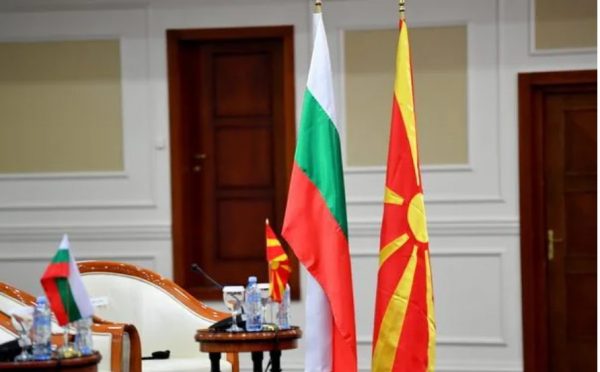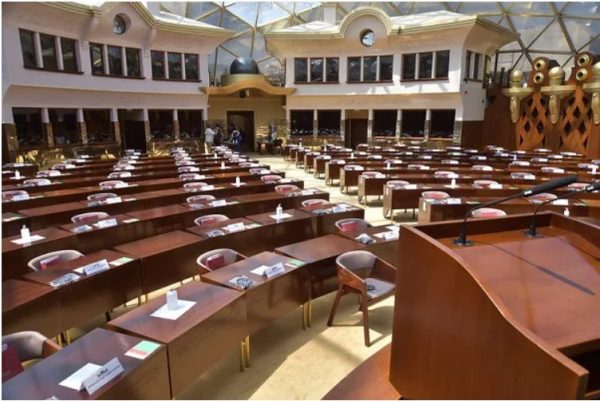Talks with Bulgaria continue on specific projects, but the Government’s position is clear that there’s no room for discussions on Macedonians and Macedonian language, identity issues. The Action Plan will be in the focus in the coming few months. The Government expects it to be adopted at the intergovernmental conference between North Macedonia and Bulgaria, so as to reaffirm it and start implementing it.
Prime Minister Zoran Zaev said Wednesday the political part is something that needs to be discussed after the elections in Bulgaria. Commenting on the Action Plan, he pointed out it addresses issues of transport, construction of border crossings, gas network, railways, roads, cooperation in the fields of education, health, culture, sport, digitization.
According to Zaev, the joint commission of historians is set to hold its next meeting in February. The PM expressed expectation that the commission will make further steps.
Bulgarian Vice President Iliana Iotova told Bulgarian National Television (BNT) on Wednesday that there are only two options for Bulgaria to give the green light to EU’s negotiating framework for North Macedonia, which should incorporate the Bulgarian demands for respect of the Treaty on Friendship, Good-neighbourliness and Cooperation between the two countries.
According to Iotova, Bulgaria will either insist that the negotiating framework for the Republic of North Macedonia has a final chapter and monitor whether the Friendship Treaty is being respected during the negotiation process or include demands for respect of the treaty. However, she noted, there is a setback that Bulgaria lost almost a year to explain the position to its European partners and win them over to its side.
Member of the European Parliament for the Greens/EFA Group Tineke Strik, on the other hand, during an exchange of views on Wednesday with Portuguese Prime Minister António Costa urged for putting pressure on Bulgaria to lift its veto on opening EU accession talks with North Macedonia.
Deputy PM for European Affairs Nikola Dimitrov at Wednesday’s online meeting with Martin Klus, State Secretary at Slovakia’s Ministry of Foreign Affairs, said the government remains focused on the Europeanization of the country, with an even increased commitment to reforms at home in light of the European agenda.In the meantime, the opposition VMRO-DPMNE on Wednesday called on PM Zoran Zaev and the government to give answers, accusing him of negotiating an annex to the treaty, which, according to the opposition party, most likely includes elements of the identity, history and language. VMRO-DPMNE stresses that historical commissions should be negotiating unburdened by political pressure, while identity issues must be off the table.
















